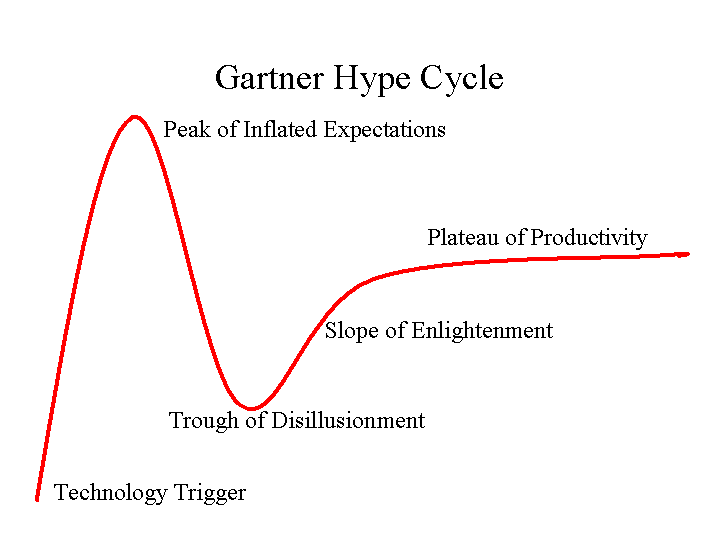Good essay in the Small Business section of the NY Times, “Why ‘Innovate or Die’ is a Lie” by Cliff Oxford. His subject is balancing the need to innovate with the need to execute. Having worked at a small business which sells custom scientific instruments and R&D services as its primary source of revenue, I feel I’m pretty well tuned in to understanding the balance between innovation and execution. We didn’t get paid for just having neat ideas. We got paid to build devices or write software which did useful things – tangible things.
For all the hype about the need to innovate, you absolutely need to execute. Innovation is important. Execution is essential. Having good ideas is pointless if you can’t get stuff done. Oxford understands this:
Getting stuff done means packaging, selling, delivering and collecting the money to increase revenue and profits. If you are best in class at getting stuff done and use creativity to reduce complexity and chaos, you just may have yourself a fast-growth business. But if you do, you will quickly learn that the biggest risk to your business is not that it will die because you stop innovating — it’s that it will die because you fail to rein in your innovating and start executing.
Execute. Execute. Execute. Oxford continues:
I remember one summer in high school I worked for my Uncle Buddy laying carpet. On the job, I wanted to talk to customers — basically about anything other than laying carpet. My uncle would look up and say, “Cliff, put tacks in the floor and lay the carpet.” The fast-growth winners are companies that have employees that step up and put tacks in the floor. The fast-growth losers talk about things like “innovate or die.”
That’s it. As Oxford notes later in his essay, for many people developing new ideas is more fun than the nuts and bolts of building things that work – and selling new ideas is certainly where the big money is. But its the willingness to hunker down and do all the unsexy things necessary to translate ideas into practice that separates the people worth their salt successful innovators from the bullshitters unsuccessful ones. I think that’s one of the reasons I’ve always considered the term “entrepreneur” to be something of an epithet. Entrepreneurs develop “exit strategies” for making money once they’ve found takers for their ideas. I’ve got a lot more respect for the people who try to (and do) put those ideas into practice.
That, and never forget the Gartner hype cycle:
Having stuck with my area of professional expertise from the Technology Trigger through to the Plateau of Productivity I’ve come to see people who bail at the Peak of Inflated Expectations for the sake of making a buck as …. well, suffice it to say I don’t view them particularly favorably.

